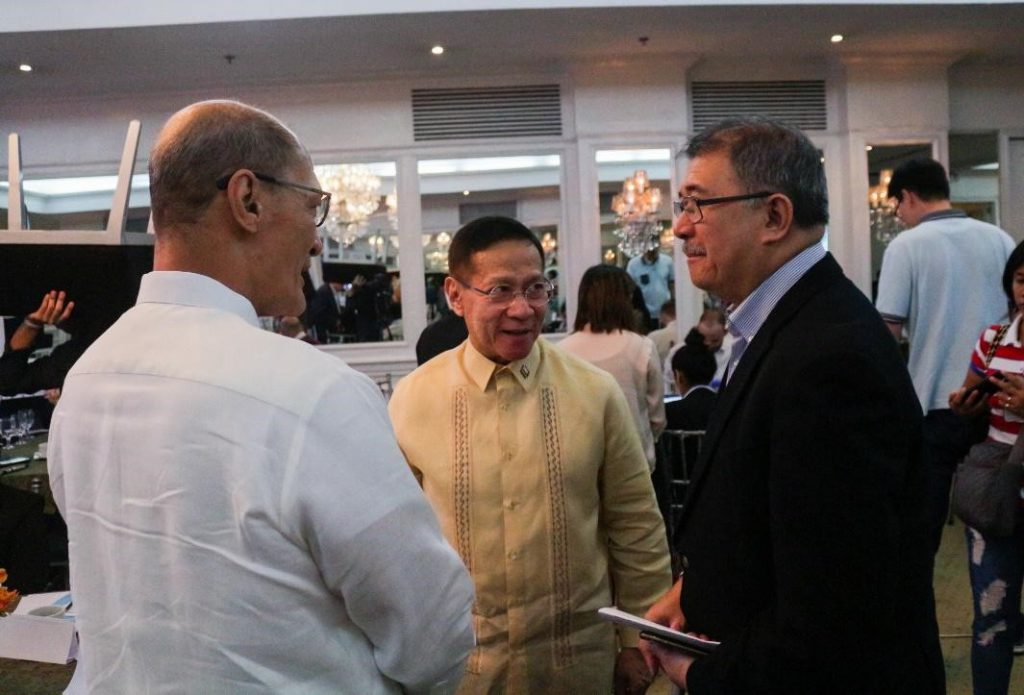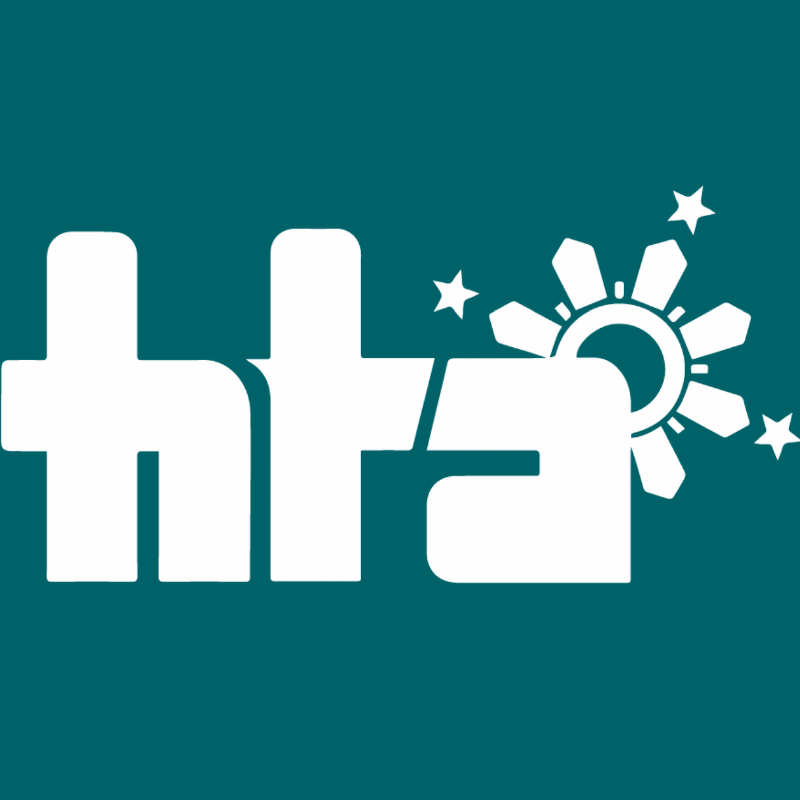
Secretary Francisco T. Duque III of DOH, BGen. Ricardo Morales of PhilHealth, and
Secretary Fortunato dela Pena of DOST unite for HTA Sulo Riviera Hotel, 31 October 2019
Health Secretary Francisco T. Duque III during the recent high-level Health Technology Assessment Accelerator Forum, formally launched Health Technology Assessment (HTA) in order to make health technology assessment (HTA) processes and methods an integral part in decision-making across the health sector as part of its pursuit of universal health care (UHC).
To achieve UHC, there is a need to strategically prioritize and define health services and interventions that will be provided by the government.
One of the recognized tools to achieve this is Health Technology Assessment (HTA) – “the systematic evaluation of properties, effects and/or impacts of health technologies and interventions, and it draws on clinical, epidemiological, health economic and other information and methodologies,” as defined by the International Network of Agencies for Health Technology Assessment.
“The FOURmula One Plus for Health is committed to institutionalize HTA, and in this process of institutionalization, the Department of Health (DOH) shall uphold the highest level of transparency, ethics, and governance, putting in place safeguards to manage conflict of interests,” the health chief emphasized.
Undersecretary of Health Rolando Domingo revealed the 20-year history of HTA in the Philippines and recognized its prime movers. He also talked about the present concerted efforts and notable achievements of the in-house HTA unit. An audio visual presentation entitled: “Step into the Future: A Vision for HTA” followed to show the collective vision for health technology assessment in the country. HTA is envisioned to be the scientific process that will facilitate better production and use of evidence for policy making of the DOH and PhilHealth.
Dr. Somsak Chunharas of Thailand and Dr. Amanda Adler of NICE England shared their experiences on the challenges and achievements of making HTA a part of their own country’s health systems.
“With the urgency of UHC, we cannot wait another 20 years for HTA to be fully institutionalized. Building on the work that many of you have done, the DOH commits to taking bold and determined steps towards embedding HTA in the decision-making processes across the health sectors,” Health Secretary Francisco T. Duque III declared.
An enlightening panel discussion on key steps forward ensued, with articulated commitments to use HTA in their decision-making activities from the legislative sector, the end-users, development partners, and the academe.
“There are only two indicators to gauge the success of HTA: by the end of 2020, all drugs, devices and services being considered for public financing have gone through the HTA process, and, by end of 2021, at least 20 in-house HTA practitioners should have been trained and retained,” Secretary Duque concluded.
